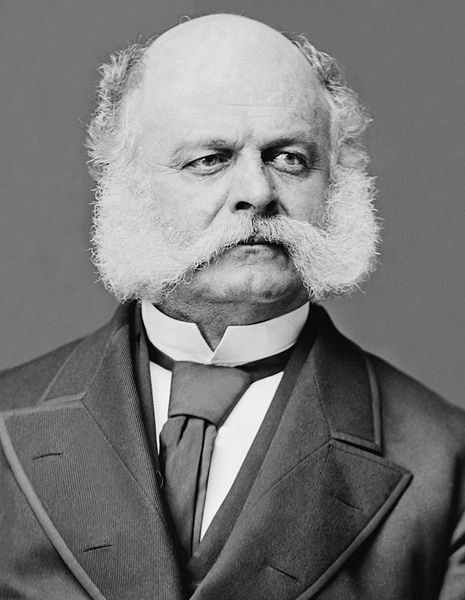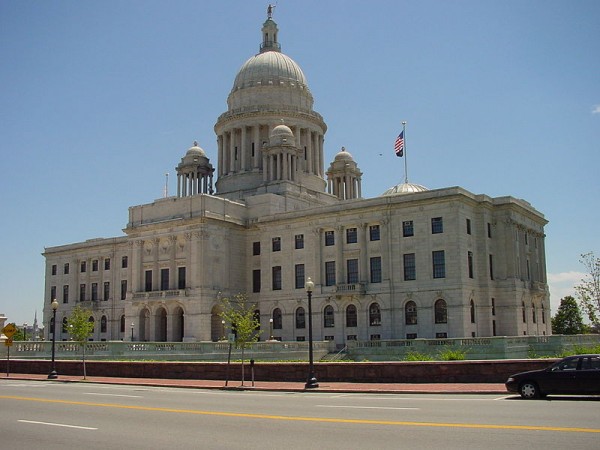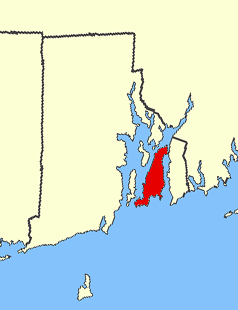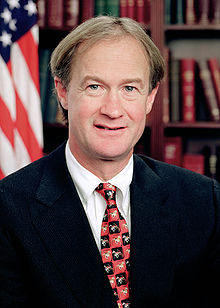A Facebook friend of mine posted this piece of crap BuzzFeed list apparently sponsored by Mini USA purporting to be “11 Awesome Facts You Never Knew About Rhode Island”. Of course, there’s tons of cool stuff here, but whoever is in Mini USA’s research department couldn’t be bothered to even correctly pull facts off of our Wikipedia page.
I figured since I actually live here and actually LOVE my state, I could do better. So here’s 11 Actually Awesome Facts About Rhode Island. We know most of them, but this is for non-Rhode Islanders.
1. The Narragansett language is the origin of words like “moose”, “squash” and “pow-wow”. You can thank them yourself for having such great words if you’re ever in the area.

2. RI has a state drink, and it’s coffee milk (suck it, Indiana). It’s made like chocolate milk, you mix syrup into the milk. We have multiple brands of coffee syrup. You can try Autocrat and Eclipse by Autocrat, or try Dave’s Coffee Syrup.*

3. The shore is publicly-owned for all Rhode Islanders, according to our constitution. The shore in this case goes up to the “mean high water line” although there’s a debate about that. In short, in RI, you can’t own the ocean.

4. One of our governors invented sideburns. They’re named after him. But backwards.

5. Pell Grants are named after Sen. Claiborne Pell, who was the primary sponsor in the U.S. Senate. So millions of Americans can read BuzzFeed articles like Mini USA’s about RI and go “do they not know what ‘awesome’ means?” thanks to Sen. Pell.

6. The RI State House has the fourth largest self-supporting dome in the whole world; after St. Peter’s Basilica, the Minnesota State Capitol, and the Taj Mahal.* The dome was the third largest when it was completed, but by then, Minnesota had already got jealous.

7. We have the First Baptist Church in America. Like, it’s literally the first. So you can go to your first Baptist church in wherever you live in not-Rhode Island, and while it might be the first in your area, it’s not The First. Also, first synagogue in America as well.

8. Thomas Dorr, the guy who led a rebellion against our actual government? We count him as our 16th governor. He’s even got a special governor decoration on his grave.

9. Rhode Island and Providence Plantations isn’t just a quirky, longest name for a state. It also describes the first two areas under British rule in the state. Rhode Island (now called Aquidneck Island to distinguish it; yes, Rhode Island is an island) and Providence Plantations (now a number of towns and cities in the northern part of the state). For a long time, we couldn’t agree on a capital, and just swapped it between the two places, until 1901.

10. Rhode Islanders burned a British warship and shot one of its officers in 1772, over a year and a half before Bostonians were inspired to toss tea into harbors.

11. If you confuse Rhode Island with Long Island, a good Rhode Islander will ruthlessly lead you on as though Long Island is a new state. Virtually every Rhode Islander has a story like this.

*EDITS: An earlier version forgot about Dave’s Coffee Syrup, and incorrectly stated that there were only two brands of coffee syrup. Thanks to Kathy DiPina for the catch! And RI Grad also points out that I wrote unsupported instead of self-supported.




